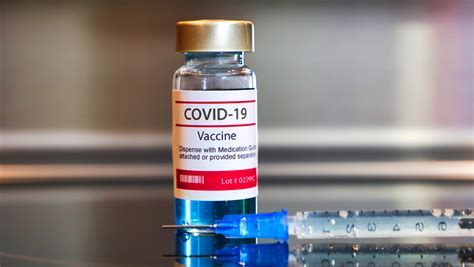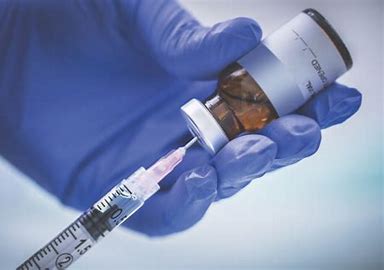How do you feel about the COVID-19 vaccine? If you’re unsure
about its safety, we answer some of your concerns.

It’s brand new, was rapidly developed, and we don’t really
know that much about the vaccine, do we?
There have been a number of studies published on COVID-19
vaccine acceptance rates around the world. Some countries, like China and
Malaysia, have acceptance rates over 90%, while other countries have much lower
rates. In the US, the vaccine acceptance rate was found to be 57%, while in
Russia and Italy, it’s a little over 50%. Yet more countries, like Australia,
hover around the 75% mark.
We don’t have to get the vaccine, but the more of us do, the
safer everyone will be - particularly when international travel becomes more in
reach for everyone.
Most of the reasons for hesitancy centre around the safety
of the vaccine. Here are some of the most common concerns:
Concern: The vaccines have been developed too quickly
The vaccines appear to have been developed quickly. But the
urgency of the COVID-19 crisis meant that all available resources and efforts,
including some of the best minds in the world, were directed towards finding a
vaccine.
Vaccines can be developed faster than in the past, thanks to
newer technology that uses the genetic code for the virus to build the vaccine.
Researchers were able to start work as soon as the genome for the virus was
released in January 2020.
Clinical trials of the vaccine were also able to progress
quickly because COVID-19 was widespread in many countries. This meant that
differences between vaccinated and unvaccinated groups could be detected sooner
than for a rarer disease.

Concern: There were shortcuts taken so safety was not
prioritised
It’s true that COVID-19 vaccine trials were set up quickly,
but this doesn’t mean that safety was compromised.
In fact, most of the vaccine trials included tens of
thousands of people. This provided a larger amount of data than for many other
vaccines we often get. Phase 1 and 2 trials often overlapped because safety had
already been established.
In most countries, COVID-19 vaccines must meet the same high
standards as any other vaccine. Once a vaccine is being used, experts and
regulators continue to monitor its safety.
Concern: There may be long-term side effects
The vaccines have been tested since mid-2020, and millions
of doses have now been given with very few reported adverse effects. But they
continue to be monitored, with countries sharing their vaccine safety
monitoring data via a global database.
For up-to-date information on the vaccines, visit your
government health body’s website and look for the COVID-19 updates.